Politics
Call to replace the Lords
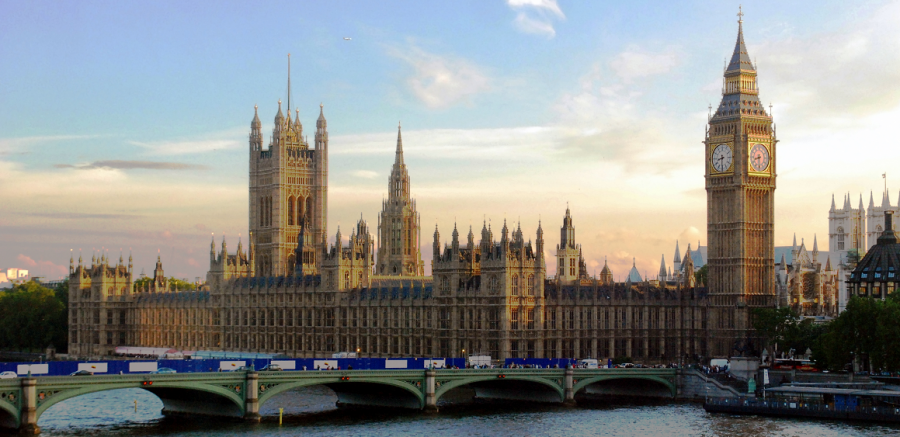
OVERHAULING Parliament’s London-dominated second chamber would help empower the UK’s nations and regions, writes Willie Sullivan a senior director at the Electoral Reform Society.
It’s been a year since Boris Johnson’s victory in the 2019 general election, an election won with a commitment to ‘level up’ those communities left behind.
Since then, our politics has been shaken by a pandemic that has put pressure on the already strained constitutional settlement that holds the nations and regions of the UK together.
We’ve seen attention turned to local and regional government as well as the devolved administrations. We’ve seen clearly how the over-centralising nature of Westminster can hamper and undermine public trust. The video of Andy Burnham first hearing news of Greater Manchester’s Covid funding settlement at a live press conference will go down as a low point in Britain’s patchwork devolution framework.
This is all set to the backdrop of declining faith in our politics. At the same time as the PM was returning to Number 10 last winter, polling for the Electoral Reform Society showed that just 16% of the public believe politics is working well in the UK – and only 2% feel they have a significant influence over decision-making.
For a government publicly committed to a levelling up agenda, this democratic malaise must serve as a warning: it will take more than economic investment or shiny new infrastructure to remedy the feeling of powerlessness that many feel outside of Westminster.
Tackling that will require some long-overdue reform. The calls for a clear framework for devolution in the UK have become impossible to ignore in recent months. Even areas of England with mayors felt sidelined this year, but the picture was even worse elsewhere – with zero guarantees that local people would be consulted on changes that would affect their lives immeasurably.
There’s a good way to start empowering the UK’s nations and regions: overhauling Parliament’s unelected second chamber.
Abolishing the outdated and unaccountable House of Lords offers a chance to rebalance politics away from Westminster – and create a representative Senate of the Nations and Regions.
Recent Electoral Reform Society analysis found that nearly a quarter of peers are based in London, compared to just 13% of the UK public. Over half – 56% of peers – live in the capital, or the east and south-east of England, while peers in the east and west Midlands make up just 6% between them – leaving many areas in which the Conservatives won seats in the so-called ‘red wall’ woefully underrepresented.
It should be said, this is only peers we know about: more than 300 refuse to state even the country they live in (some live overseas), and hundreds more do not even provide a direct email address for people to get in touch and stand up for their areas.
All this undermines the government’s stated intention to ‘level up’ the regions, when we have a chamber that is skewed towards one patch of England.
Reforming this London-dominated second chamber is a rare issue that is highly popular across all parties. 71% of the UK public back an overhaul of the House of Lords, research showed this year. The issue cuts across Britain’s divides, with an overhaul backed by a majority of those who voted Conservative or Labour in the 2019 general election, and those who voted Leave or Remain in the EU referendum.
As well as levelling up representation – with peers elected using a fair, proportional voting system – a genuinely accountable second chamber could establish a guaranteed voice for the regions of the UK, to speak as one, to scrutinise legislation and our constitutional settlement with clear communities in mind. The UK remains one of the most centralised countries in Europe – and the archaic, power-hoarding set-up in Westminster has a big role to play in why this is.
The pandemic has shown just how important it is for those outside the capital to be truly heard. There are many reasons why voters had more confidence in their governments’ Covid responses more in Wales and Scotland, but having a stake – being genuinely ‘in it together’ makes a big difference.
This is a challenge to all parties, from Boris Johnson as he tries to plot a path for recovery for the UK, to Keir Starmer as he begins to outline his own view of devolution.
One thing’s clear: the London-dominated House of Lords is undermining the voice of local communities. A Senate of the Nations and Regions could be the gamechanger we need.
international news
Mandelson quits Lords amid police probe over Epstein links
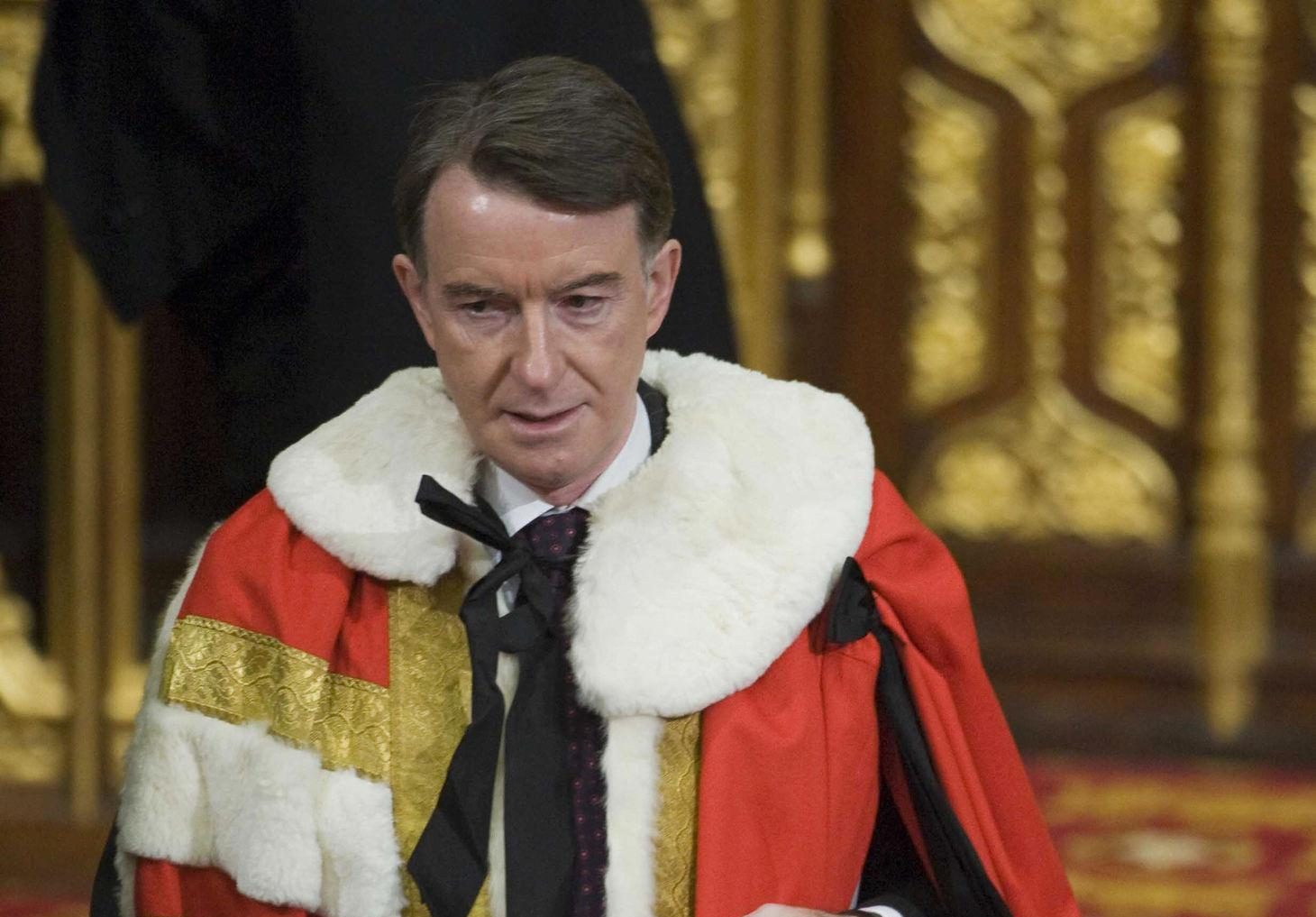
Peter Mandelson has announced he will retire from the House of Lords with immediate effect, as mounting political and legal pressure grows over claims he shared sensitive government information with convicted sex offender Jeffrey Epstein.
Parliamentary officials confirmed that Peter Mandelson formally notified the Clerk of the Parliaments of his decision, ending his membership of the upper chamber from Tuesday (Feb 4).
The move follows reports that the Metropolitan Police Service is reviewing allegations of possible misconduct in public office connected to emails said to have been forwarded to Epstein while Mandelson was business secretary during the 2008–09 financial crisis.
Downing Street has confirmed that material has been passed to police after an initial Cabinet Office review.
Government fury
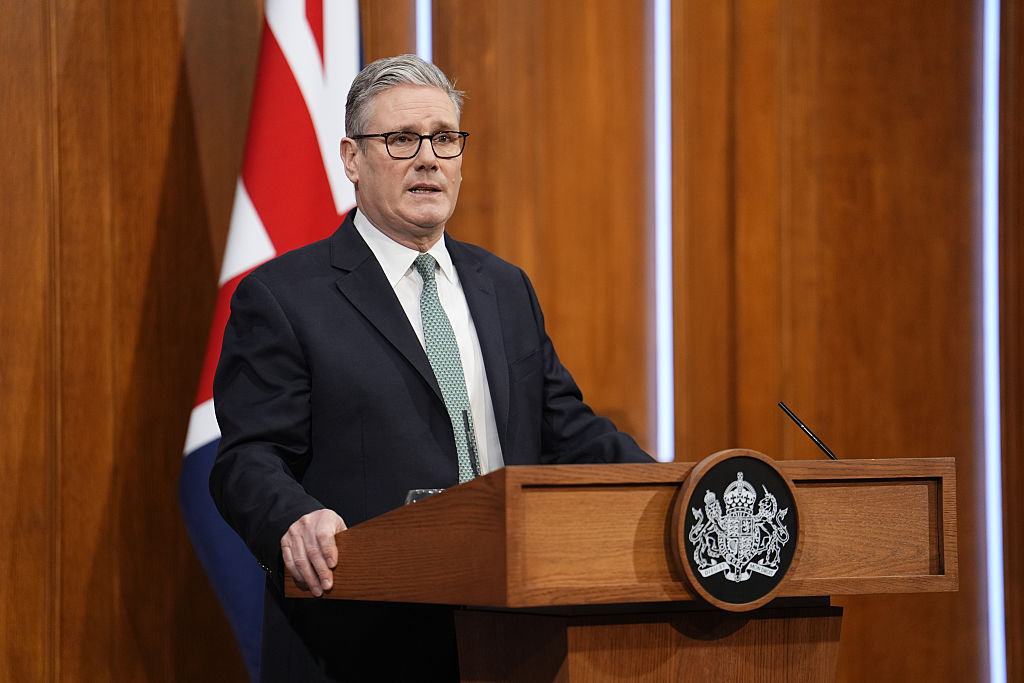
Prime Minister Keir Starmer told cabinet colleagues Mandelson had “let his country down”, according to No 10, and officials are now drafting legislation that could strip him of his peerage entirely.
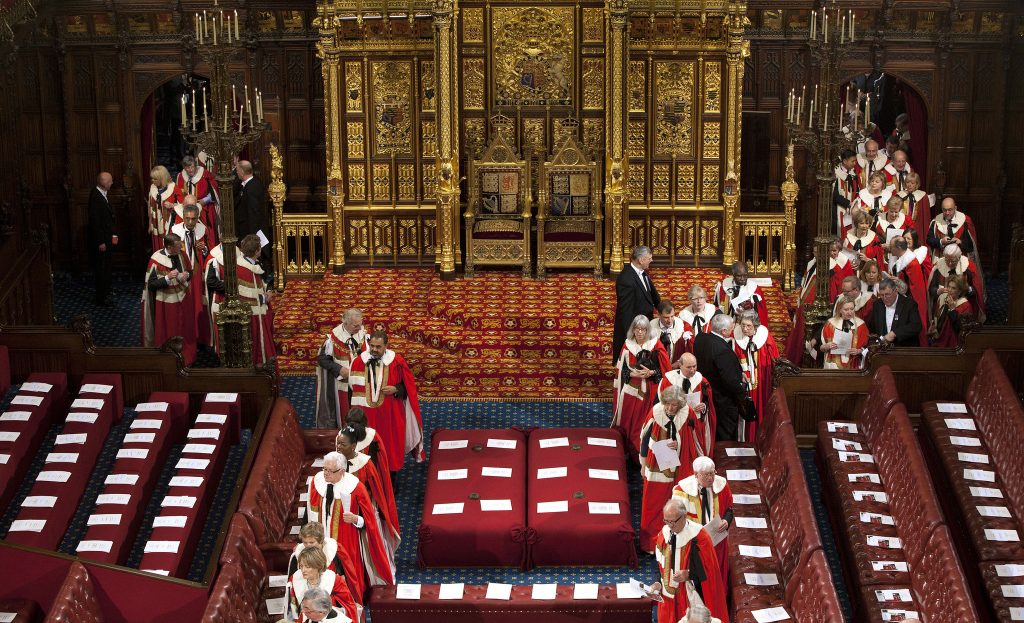
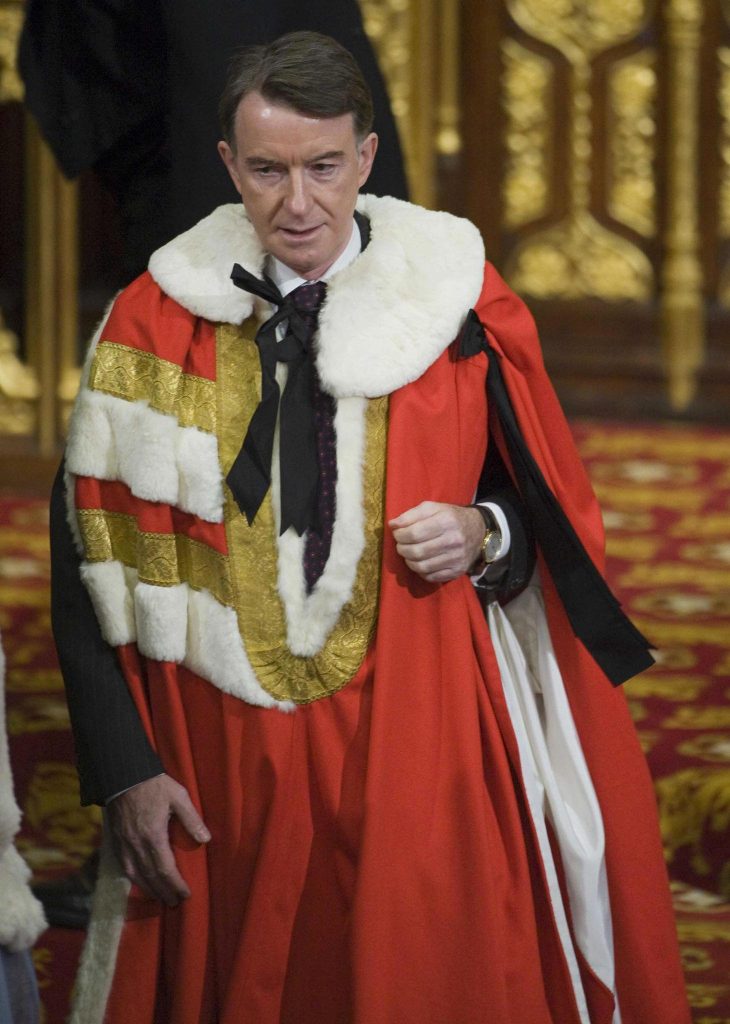
Removing a life peer is rare and would require an Act of Parliament.
If passed, Mandelson would lose the title “Lord” altogether — an extraordinary step that has only been considered in the most serious cases.
Senior ministers have described the alleged passing-on of market-sensitive government discussions as “disgraceful” and a “betrayal of trust”.
What police are examining
Misconduct in public office is a centuries-old common law offence that applies where someone in a position of public trust wilfully abuses that role. It carries a maximum sentence of life imprisonment.
Investigators will assess whether confidential information — particularly relating to government financial policy during the crash — was shared without justification and whether safeguards were breached.
At this stage, no charges have been brought.
Mandelson has previously apologised for maintaining contact with Epstein after the financier’s conviction, saying he regrets “ever having known him”, but he has disputed some of the latest claims and has not commented directly on the police review.
Political shockwaves
Opposition parties are pushing for further disclosure of documents relating to Mandelson’s vetting and his past roles.
Conservatives are expected to force a Commons vote demanding more information, while Liberal Democrats have called for a public inquiry.
Several MPs have also suggested Mandelson should be removed from the Privy Council.
The developments mark a dramatic fall for one of Labour’s most influential political figures of the past three decades, who only months ago was serving as the UK’s ambassador to Washington.
Now, with police examining evidence and legislation being prepared to remove his title, his public career appears effectively over.
More updates are expected as the investigation continues.
Community
Cilgerran Church in Wales school petition to be heard

A PETITION opposing proposed changes for a north Pembrokeshire school is to be heard by councillors later this week.
At last May’s meeting, Pembrokeshire County Council considered a report of the School Modernisation Working Group which outlined the findings of a review of education provision in the Preseli area.
A later July meeting backed a general consultation to discontinue Cilgerran Church in Wales Voluntary Controlled School, and to establish it as a 3-11 community school.
“In particular, the review considered the extent of surplus school places in the area, set against a significant decline in the pupil population,” the council in its consultation has said.
The consultation closed on January 30.
Hundreds have opposed the proposed changes, with a petition, on the council’s own website opposing the changes recently closing after gaining 391 signatures.
Any petition of more than 100 signatures triggers a debate at one of the council’s scrutiny committees, in the case of Cilgerran that debate taking place at Pembrokeshire County Council’s February 5 schools and learning overview and scrutiny committee.
The Cilgerran e-petition, created by Louise Williams, raised concerns including the school could become part of a federation, a loss of permanent head teacher on site, a shared head teacher would have to oversee several schools, loss of funding control and the ability to maintain the school’s current healthy and stable funding, and a loss of commitment to the church, in turn could impact on the school’s and pupils values, beliefs and cultural beliefs.
It said: “Ysgol Cilgerran VC school has strong links with the Church community in Cilgerran and we believe this will have a negative impact on the children who attend the school, the community of Cilgerran and the links between the two.
“We are proud of our school ethos and values which are strengthened by our links with the church. The school has close and strong relationships with our Church in Wales federation governors one of which is also our safeguarding governor.
“Our Church Federation governors work closely with the school and are regular visitors to the school and the children. They provide vital support and guidance to the school and have a positive impact on the Children’s education. We believe these links will be weakened by this proposal to remove our VC status and we believe this is an un-necessary action.”
The proposals for Cilgerran are part of a wide range of potential education changes in the county.
Two petitions, opposing the potential closures of Manorbier and Ysgol Clydau schools, were recently heard at full council and a further petition opposing the potential closure of Stepaside School has recently been launched, which has generated enough support to be heard at a future council meeting.
Crime
Welsh Lib Dems urge ministers to rethink rates relief for struggling pubs and cafés

Calls grow for Welsh Government to match support offered to English venues
THE WELSH LIBERAL DEMOCRATS have urged the Welsh Government to review its business rates policy, warning that scaling back support for pubs and hospitality risks further closures across towns and villages.
Party leader Jane Dodds, who represents Mid and West Wales in the Senedd Cymru, said ministers should act quickly to protect local venues after additional support for pubs and music venues was announced for England by the UK Government.
The measures announced by the Chancellor do not automatically apply in Wales, leaving uncertainty over whether similar help will be introduced here.
Hospitality businesses across Pembrokeshire and Carmarthenshire have already reported rising energy bills, higher wage costs and reduced footfall since the pandemic. From April, current business rates relief is expected to be reduced, a move the Liberal Democrats say could place Welsh firms at a disadvantage compared with competitors over the border.
Dodds said that pubs, cafés and restaurants form “the heart of our communities” and warned that withdrawing relief now would be “a serious mistake”.
She told the Senedd that support “cannot stop at pubs alone” and should extend to the wider hospitality sector, including restaurants and family venues that rely heavily on seasonal trade and tourism.
“When questioned, the First Minister said she needed to examine the details of the English package before committing to anything similar for Wales,” Dodds said. “Without urgent action, we risk losing viable, well-loved businesses that communities simply cannot afford to lose.”
The party is also calling for UK-wide action, including a temporary reduction in VAT for hospitality and tourism, funded by a windfall tax on large banks.
However, Welsh Government sources have previously argued that decisions on rates relief must be balanced against pressures on public finances, with ministers required to prioritise health, education and other frontline services within a fixed budget. They have said any additional support would need to be affordable and targeted.
Industry bodies have echoed concerns about the challenges facing the sector. Trade groups say many independent pubs and cafés continue to operate on tight margins, particularly in rural areas where they serve as community hubs as well as businesses.
Local operators say clarity is now key, with decisions on staffing, stock and opening hours often planned months in advance.
With the next financial year approaching, hospitality owners will be watching closely to see whether Wales mirrors England’s support – or leaves businesses to absorb the extra costs alone.
-

 Health5 days ago
Health5 days agoConsultation reveals lack of public trust in health board
-

 News6 days ago
News6 days agoCaldey still unsafe, survivors warn — despite Abbey’s reform claims
-

 Community6 days ago
Community6 days agoPembrokeshire students speak at national Holocaust Memorial Day event
-

 News9 hours ago
News9 hours agoPrincess of Wales visits historic Pembrokeshire woollen mill
-

 Crime4 days ago
Crime4 days agoPembroke man accused of child sex offences sent to Swansea Crown Court
-

 News6 days ago
News6 days agoKurtz raises Gumfreston flooding in the Senedd as petition deadline nears
-

 Education6 days ago
Education6 days agoAttendance concerns at Milford School reflect wider issue raised at the Senedd
-

 Community6 days ago
Community6 days agoCampaign to ‘save’ River Cleddau hits over 2,200 signatures






























